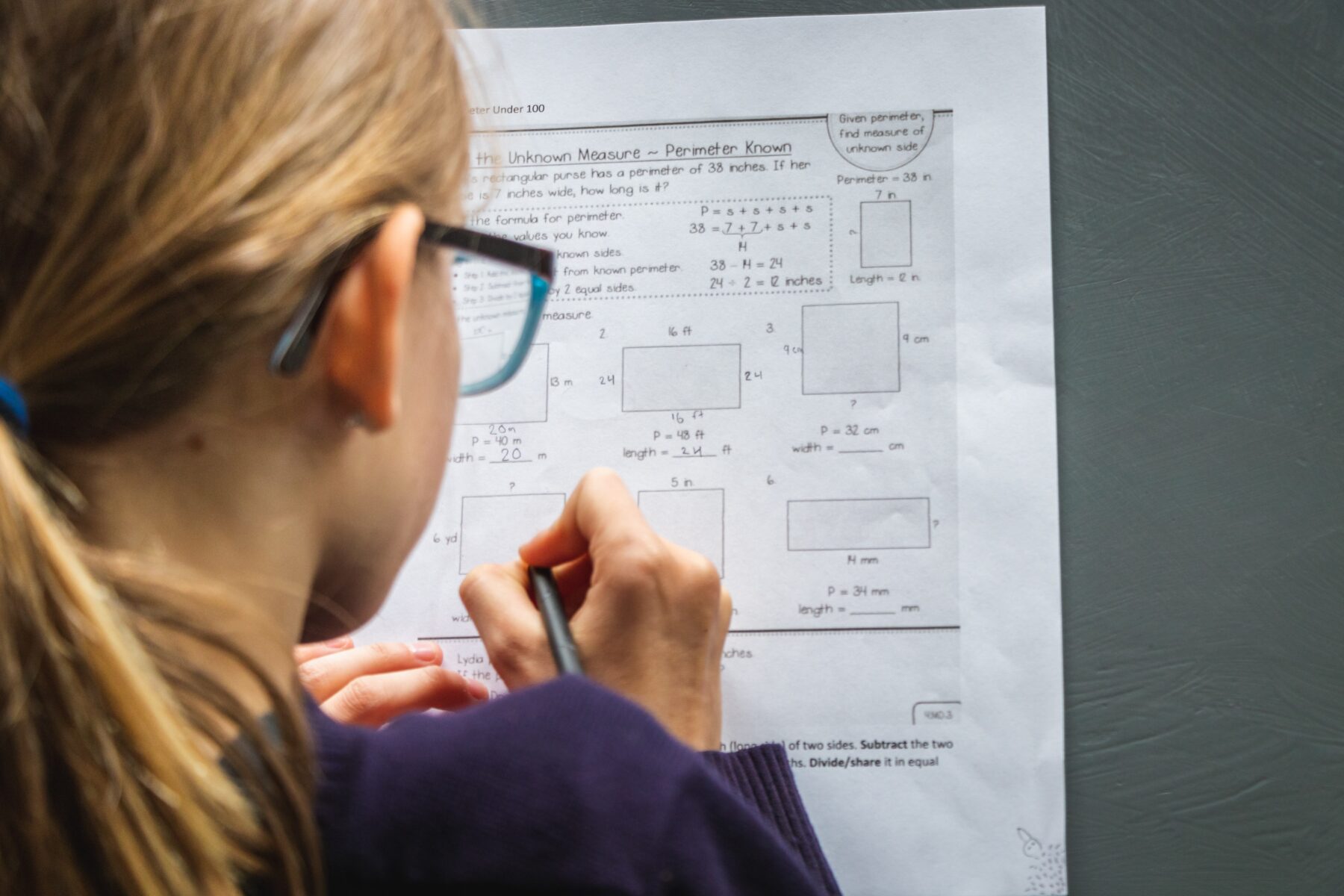Early learning isn’t fun any more, and NAPLAN takes some of the blame

Edith Cowan University (ECU) Early Childhood Lecturer and STEAM researcher Dr Pauline Roberts has released new research that shows standardised testing of Australian students is having a detrimental effect on the way pre-school children are learning and engaging.
“We need to look at how and why teaching in the early years has been moving away from evidence-informed practices, and that is young children learn through play-based activities,” Dr Roberts said.
Despite not starting until Grade 3, the presence of standardised testing, specifically in the form of NAPLAN, is having an impact on the learning and behaviours of children as early as three years of age, with the research from Dr Roberts and her colleagues exposing that the less play-based learning children engaged in, the less effective their learning was.
“Through play, children collaborate and learn from one another, in authentic ways,” she explained.
Dr Roberts said the narrowing focus of the school curriculum, which puts emphasis on maths and literacy as well as the increased reliance on commercially available programs, means the fun has been taken out of the early years learning.
During the research study, the children were given a seashell to investigate and after much exploring, discussion and problem solving, the children were asked to create an alternate shelter for animals to live in.
“It is technology-based play, the children don’t sit and think ‘I am learning about science or maths’, they are engaged and interested, and often go further into solving the problem than we think they will,” Dr Roberts explained.
“Their engagement increases, and as such there are less disruptions and more positive learning outcomes.
Unfortunately, she continued, not all teachers are in support of the multi-modal way of learning, preferring a more conventional classroom structure.
“What we have found is that some teachers are uncomfortable with child-directed approaches like this,” she said.
“Teachers may be concerned about giving up control, or not having all of the answers, however the evidence shows letting children learn through exploration is the best way, and it’s more fun.”
Dr Roberts said she hopes this latest research will give teachers the confidence to explore more play-based learning techniques for the benefit of the children in their care.
Access the research paper Play-Based Learning: Play Pedagogies for Technology Education in The Bloomsbury Handbook of Technology Education (pp. 274-287).
Popular

Workforce
Quality
Research
When did it start to go wrong?
2025-12-18 08:00:46
by Fiona Alston

Economics
Policy
Quality
Provider
Research
Is your service ready? Key updates to Queensland kindergarten funding in 2026
2025-12-17 07:00:15
by Fiona Alston

Quality
Workforce
Practice
Research
Let’s not lose the word 'Children'
2025-12-18 07:45:13
by Fiona Alston













